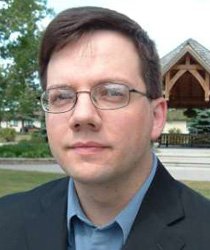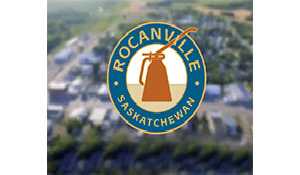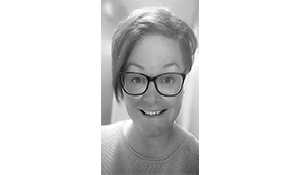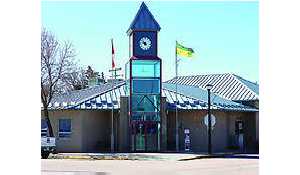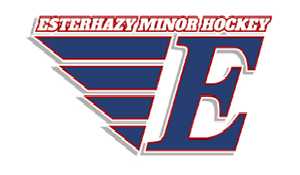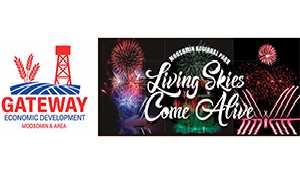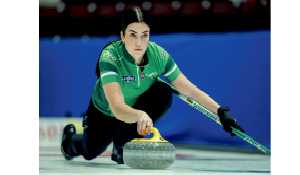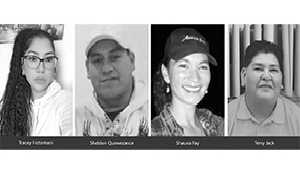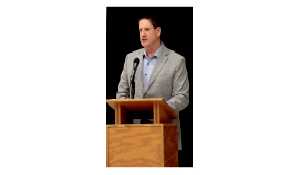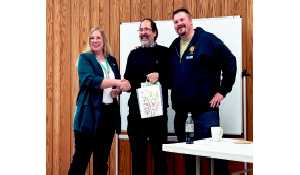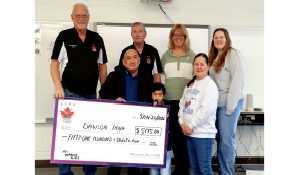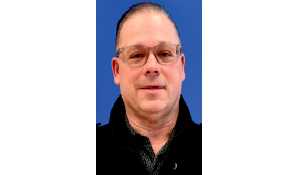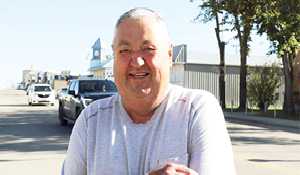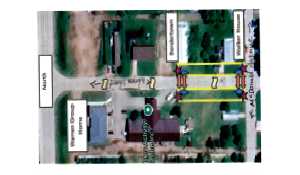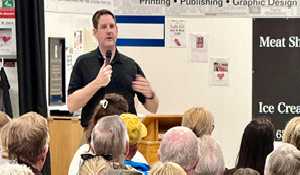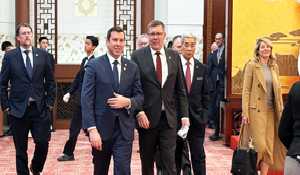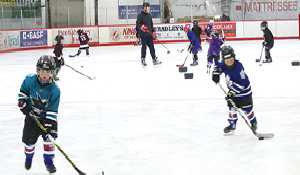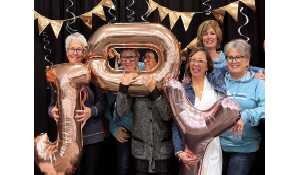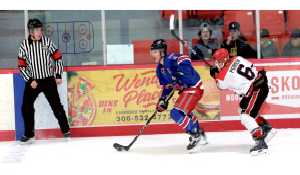Giving teachers a voice in crafting a better education system
Considering the emphasis placed on critical thinking in schools, it's ironic that teacher development minimizes debate and emphasizes conformity
November 20, 2017, 9:31 am

Teaching is a challenging job. Anyone who has spent a few days in a school knows that teachers have a lot of demands placed upon them. Their responsibilities often go far beyond basic classroom instruction. From dealing with disruptive student behaviours to organizing extracurricular activities to supervising hallways and playgrounds, the workload of teachers is extremely demanding.
In order to face these and other challenges, teachers must continually improve their skills through professional development. This is far from easy, particularly since teachers must sort through the myriad of competing claims in the education world. Education fads are a dime a dozen and are becoming more prevalent.
Much of the problem stems from the substandard training provided by university education faculties, where would-be teachers are exposed to a plethora of fads, most of which are really bad ideas. Education fads such as individual learning styles, multiple intelligences, no-zero policies and 21st century skills are but a few examples. Sadly, these and other fads are often reinforced at professional development sessions after they become full-fledged teachers.
Fortunately, some teachers are pushing back against these bad ideas. One such group of teachers met recently in Toronto at the researchED conference. This new type of professional development conference is put on by teachers for teachers. It began in Britain under the leadership of Tom Bennett, a well-known teacher and education writer. Since its first event in 2013, it has expanded to nine other countries and continues to grow. None of the organizers or speakers at researchED receives any compensation for their work. They participate because they believe in what they're doing - helping other teachers improve their teaching.
Teachers from across Canada came to hear from a variety of experts. Among the presenters were Dr. Daniel Ansari, Canada Research Chair in Developmental Cognitive Neuroscience at Western University, Dr. John Mighton, mathematician and founder of JUMP Math, Martin Robinson, author of Trivium 21c, and Dr. Stan Kutcher, Sun Life Chair in Adolescent Mental Health at Dalhousie University. In addition, a variety of classroom teachers led workshops about how they integrate the best research into their classes.
What makes researchED different from typical professional development conferences is that teachers are given a real voice in the discussions. Teachers aren't simply expected to give lip service to the latest fad - they're actually encouraged to openly challenge any claims made by the presenters. For many teachers, researchED is their first real opportunity to engage with the research in an environment that actually encourages critical thinking and honest debate.
